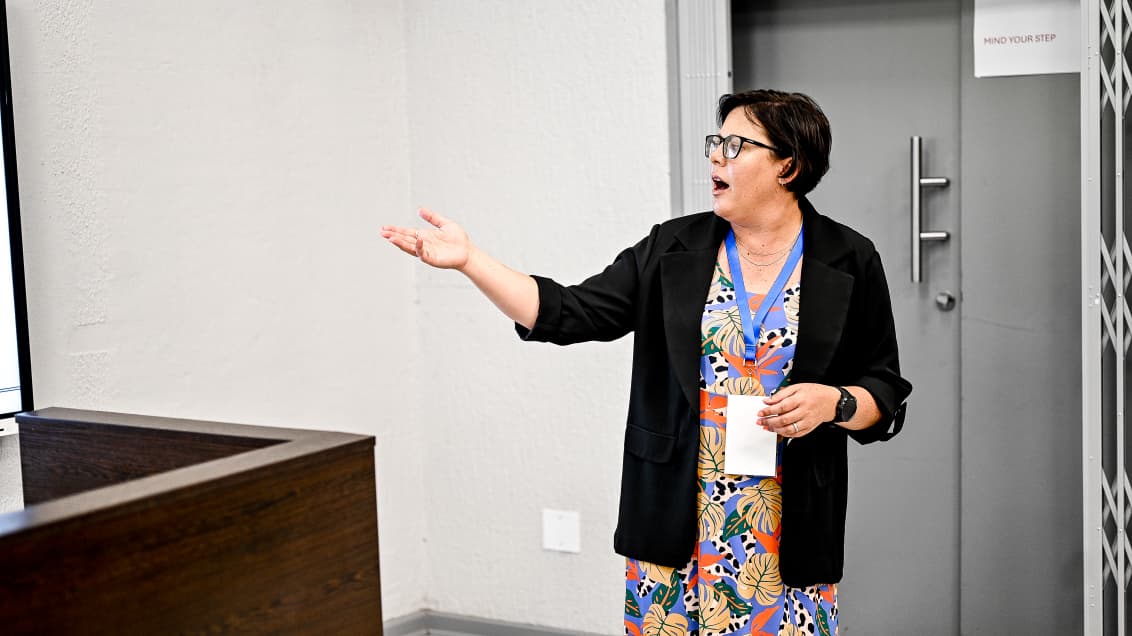HUMANITIES MUST EMBRACE DIGITAL SKILLS TO STAY RELEVANT

Scholars in the Humanities discipline face a compounding risk of lagging behind in academia and the job market if they failed to keep up with the rapidly evolving digital environment.
This is according to Manager and Facilitator of the Escalator Project at the South African Centre for Digital Language Resources (SADiLaR), Marissa Griesel.
Griesel warned that failure to keep abreast of Artificial Intelligence and digital developments would alienate the humanities from being represented in the digital era with as much nuance as necessary.
“At the heart of any humanities scholar is the ability to learn new things, to be resilient in an ever-changing world, and also to notice those changes and the impact that they have on humans and on society at large. In this very fast-changing digital era, I think that is going to be even more important than ever to ensure that as we do more with computers and as computers can do more for us, we never lose the human touch and the human connection in that digital,” said Griesel.
Speaking at the SAHUDA conference hosted by WSU, Griesel made a clarion call to higher education institutions to incorporate learning and professional development programmes for both students and staff in the humanities field.
She noted that formal curricula were not updated as often and as quickly enough to keep up with everyday technological developments.
“We can incorporate short learning opportunities, workshops, seminars, and informal learning to enhance what the core curricula is meant to do with fast-changing skills that are resilient and can ensure that both the students and our languages can take their rightful place in the job market and in the digital spaces,” she said.
SADiLAR a national centre supported by the Department of Science, Technology and Innovation (DSTI). It plays a pivotal role in advancing digital scholarship by promoting the integration of language, technology, and research.
Through its focus on all official South African languages, SADiLaR supports the development of language technologies, digital resources, and tools that enable inclusive participation in the digital knowledge economy.
“I can definitely recommend that students take this up with their lecturers and encourage them to bring opportunities to the classroom though structures like SADiLAR who offer workshops and other resources,” said Griesel.
More information on SADiLAR’s services can be found on their website: https://sadilar.org/en/.
By Yanga Ziwele
